New Scientist covers the latest developments in science and technology that will impact your world. New Scientist employs and commissions the best writers in their fields from all over the world. Our editorial team provide cutting-edge news, award-winning features and reports, written in concise and clear language that puts discoveries and advances in the context of everyday life today and in the future.
Elsewhere on New Scientist
A note from the chief subeditor
Humanity under the lens • Our understanding of the cosmos is a marvel, but we must also ponder our future in it
New Scientist Australian Edition
Omicron hits Hong Kong • Covid-19 cases are soaring among largely unvaccinated older groups and hospitals are overwhelmed, reports Michael Le Page
Will bitcoin help or hinder Ukraine? • With access to traditional banking services in Ukraine disrupted, cryptocurrencies can help people there access money – but the same is true in Russia, finds Matthew Sparkes
Special brain cells may signal when to start a new memory
Amazon rainforest nears tipping point to savannah
Mouse pups born from unfertilised eggs through genetic manipulation
Half of people in US have diminished IQ due to leaded petrol
Geese may have been the first birds to be domesticated
Quantum dot diet makes silkworms fluorescent
Field notes Keadby 2, Lincolnshire, UK • The UK’s last gas power plant As many people question the UK’s reliance on gas power, Adam Vaughan visits what is likely to be the last conventional plant in the country as it transitions to net zero
Code designed to protect against quantum hackers is ‘useless’
Easter Islanders relied on freshwater springs under sea
Our closest black hole is actually one star eating another
How a rodent’s fear shapes the rainforest
Bonobo infants get stressed out by the arrival of a younger sibling
Robotic ships could inspect undersea cables and drills
Ambitious global treaty agreed to tackle plastic pollution
Blue wings give dragonfly stealth capabilities
Clues to purpose of Stonehenge • The monument may have been a calendar – and now we know how it could have worked
Laser-like beams of waves from storms pound distant coasts
Plants may have conquered land thanks to microbe DNA
Booming sea life left geological signature
Profile of blood fats flags disease risks
Really brief
Mas rover may be near ancient ocean
Desert solar panels adapted to extract water from the air
Giant duck-billed dino took a tumble
Wildly wrong • Victorian ideals have perpetuated a myth of the passive female of the species. Promiscuity is a winning maternal strategy, says Lucy Cooke
#brainbooster • To err is fruitful Making deliberate mistakes is a surprising but effective way to improve your performance in many unexpected areas of life, writes David Robson
Botany 101
Your letters
Birds of a feather • It may seem as if we have little in common, but humans are more like avians than you think, says Simon Ings
Total recall • An emotional tale of a man’s reprieve from dementia explores what we forget and why, finds Jon O’Brien
Don’t miss
The sci-fi column • Prisoners of geography Three new science-fiction books grapple with the strangeness of uncharted terrain and ponder whether people make maps to guide the way or to hide the truth, finds Sally Adee
Battle of the mid-life bulge • It is a myth that extra belly fat in middle age is due to a slowing metabolism. So what does cause the dreaded spread and what can we do about it, asks Sara Novak
Blame your hormones?
Muscle vs fat
Evolution’s urban hothouse • City life is...
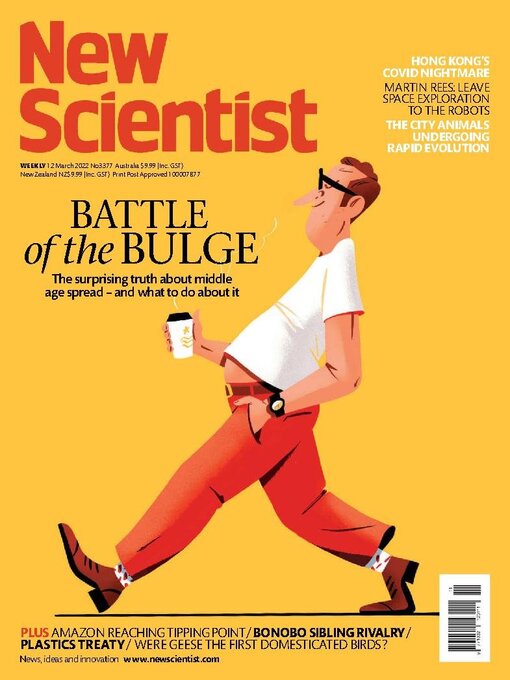
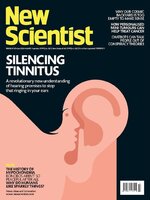 Apr 20 2024
Apr 20 2024
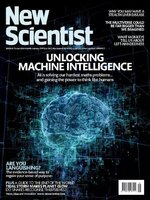 Apr 13 2024
Apr 13 2024
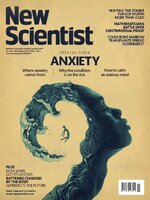 Apr 06 2024
Apr 06 2024
 Mar 30 2024
Mar 30 2024
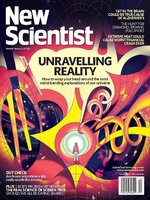 Mar 23 2024
Mar 23 2024
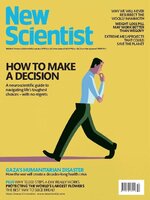 Mar 16 2024
Mar 16 2024
 Mar 09 2024
Mar 09 2024
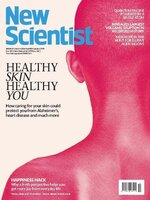 Mar 02 2024
Mar 02 2024
 Feb 24 2024
Feb 24 2024
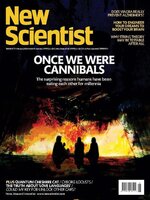 Feb 17 2024
Feb 17 2024
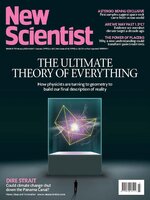 10 Feburary 2024
10 Feburary 2024
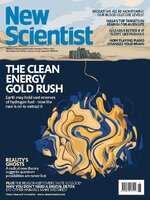 Feb 03 2024
Feb 03 2024
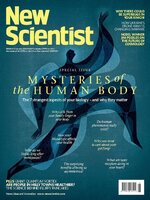 Jan 27 2024
Jan 27 2024
 Jan 20 2024
Jan 20 2024
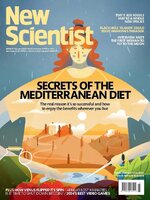 Jan 13 2024
Jan 13 2024
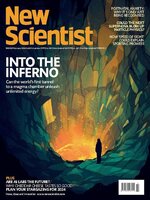 Jan 06 2024
Jan 06 2024
 Dec 30 2023
Dec 30 2023
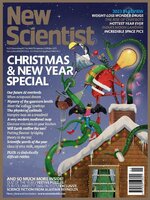 Dec 16 2023
Dec 16 2023
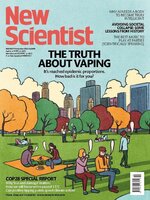 Dec 09 2023
Dec 09 2023
 Dec 02 2023
Dec 02 2023
 Nov 25 2023
Nov 25 2023
 Nov 18 2023
Nov 18 2023
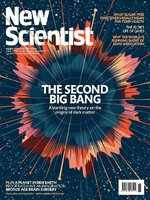 Nov 11 2023
Nov 11 2023
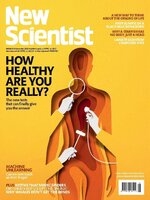 Nov 04 2023
Nov 04 2023
